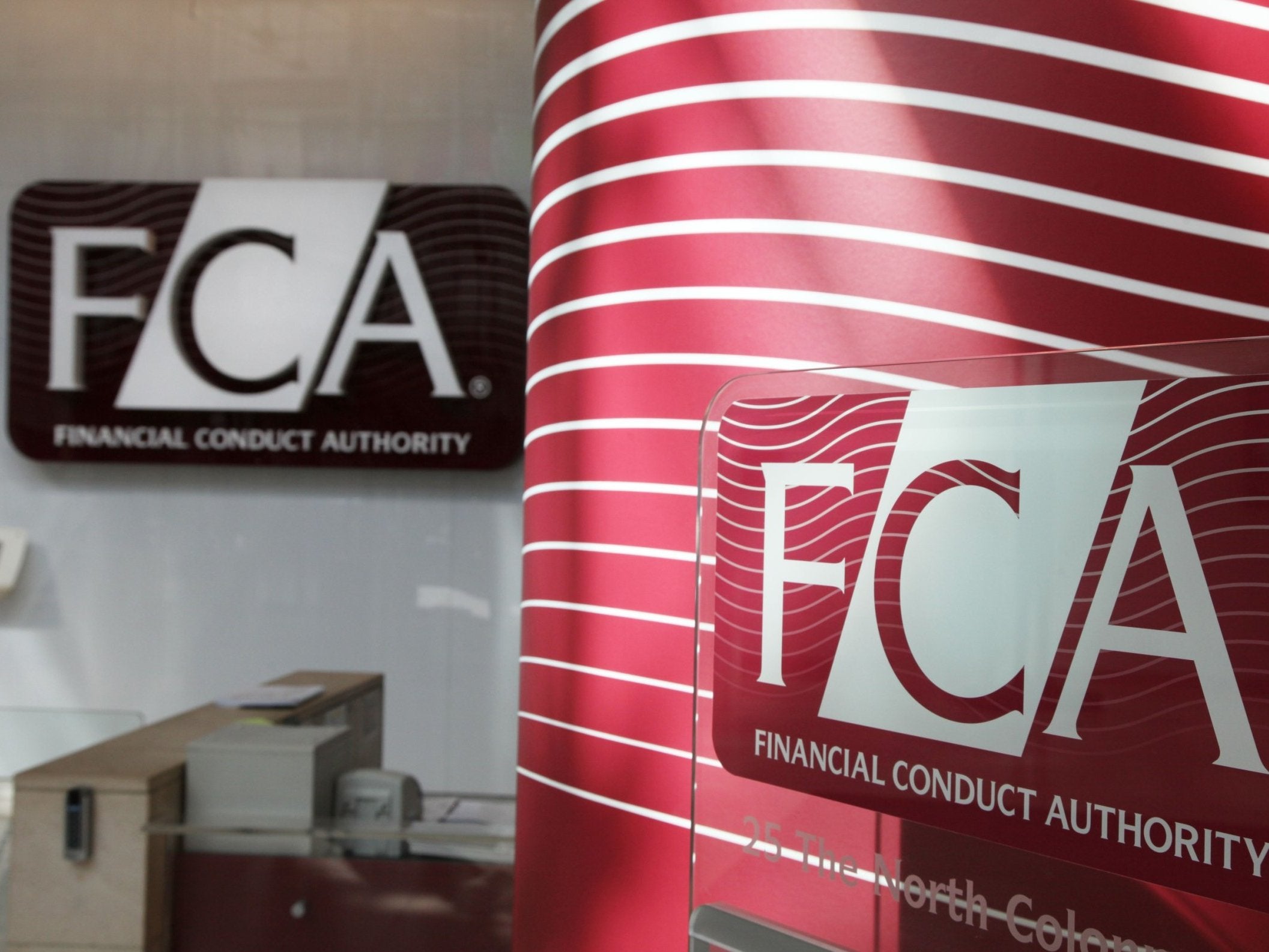It’s time to end the great pensions rip-off
Inside Business: The FCA has come under fire for having just 10 people working on pension scams

The great pensions rip-off is a headline that could have been written at any time during the past 30 years.
There is no more fertile ground than people’s retirement savings for the depressingly large contingent of sharks, scam artists and rip-off merchants that bedevil the financial services industry. What’s really disturbing is that many of them work in “legitimate” parts of the industry and screw people over within the rules.
What former chancellor George Osborne described as “pension freedom” was a gift to them. A report from the Work and Pensions Committee, published today, shows it’s one that just keeps on giving.
The idea behind the policy, which scrapped the requirement that people purchase an annuity with their retirement savings, was a progressive one. Thanks to low interest rates, the returns they were providing to pensioners had reached such a nadir that for many people with small pots they had become all but worthless.
Trouble is, it left millions of people approaching retirement looking at their savings and wondering what next: manna from heaven for everyone from the shiny suited pension thief to the company with a business model resting upon gouging customers.
Out and out scams that strip people of their savings obviously represent the most emotive issue, and no wonder given the devastating impact they can have.
The committee points to reports that around £2bn gets lifted a year, a horrifying figure, and wonders why there are only 10 people out of the 3,700 people employed by the Financial Conduct Authority (FCA) devoted to tackling the issue.
Not quite the case, says the watchdog, which says it has 10 people out of 3,700 in the specialist team looking at “authorised advisor firms that may be involved in pension scam activity”.
Riiight. That does look a bit like the watchdog trying to throw a smoke bomb at the report. Advisory firms are, after all, responsible for most of the scams.
Now, we shouldn’t throw bricks at the FCA without recognising that it needs the support of politicians to increase its budget to take on more staff. It is funded by member firms which tend to scream blue murder when someone suggests hiking their fees. MPs, and in particular ministers, really need to buy themselves some good noise-cancelling headphones. I’m sure Which? would be happy to help with some recommendations.
But 10 people given the scale of the problem? The watchdog says that number can be “flexed”. A trip to the gym would seem to be in order to work those regulatory muscles.
The FCA, and the government, also need to get more exercised over the issue of charges, which can strip people of their retirement savings every bit as effectively as any scam artist, particularly if those savings are relatively small.
The report worries about how effective the charge cap on the pension schemes people are auto-enrolled into is because it’s not clear what’s outside its scope. Fund managers, and others involved in the industry, score poor marks when it comes to transparency, and are sometimes better at finding ways to load their clients with additional charges than they are at actually managing money.
The committee also calls for a cap to limit what people pay when it comes to getting advice on what to do with their funds at the point of retirement, decrying the FCA’s fondness for talking about “market mechanisms” to deal with the issue.
Rightly so. Market mechanisms don’t work well when it comes to financial services and charges, not least because it can be extraordinarily difficult to work out what you are being charged for, much less make an effective comparison.
Its call for a non-commercial “pensions dashboard” to help people navigate the maze is well made.
I’ve been writing about financial services for more than two decades. During that time, the words “pension” and “scandal” have never been far apart. While the circumstances of the scandals that have cropped up differ, the issues at the core of them are essentially the same. The “legitimate” part of the industry charges too much and its charging structures are opaque. Good advice is expensive and hard to find. Bad advice is also expensive, but widely available. There is too much scope for conmen to make hay in the midst of it all.
There is a temptation to say: “What’re you going to do? It’s always been that way and it always will be.” Poppycock. The issues raised by the report could be dealt with simply through a little less torpor on the part of regulators and politicians.
There are few among the latter who understand the issues, or even have an interest in educating themselves. The Work and Pensions Committee, however, contains some notable exceptions. It has provided some solid suggestions for improving the situation. They should be acted upon.
Join our commenting forum
Join thought-provoking conversations, follow other Independent readers and see their replies
Comments